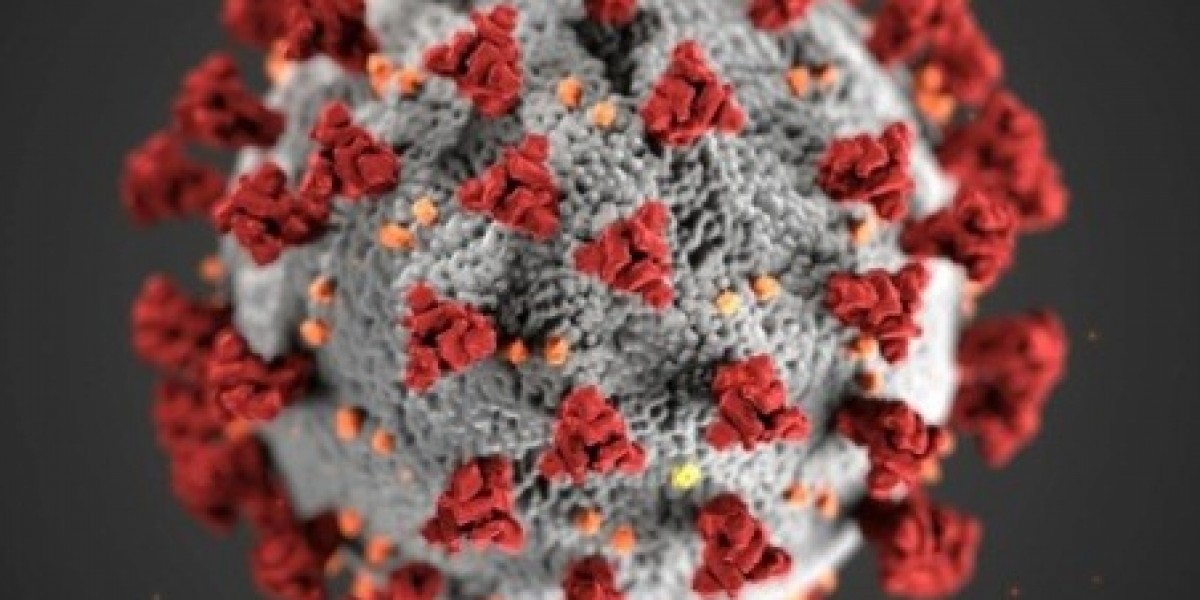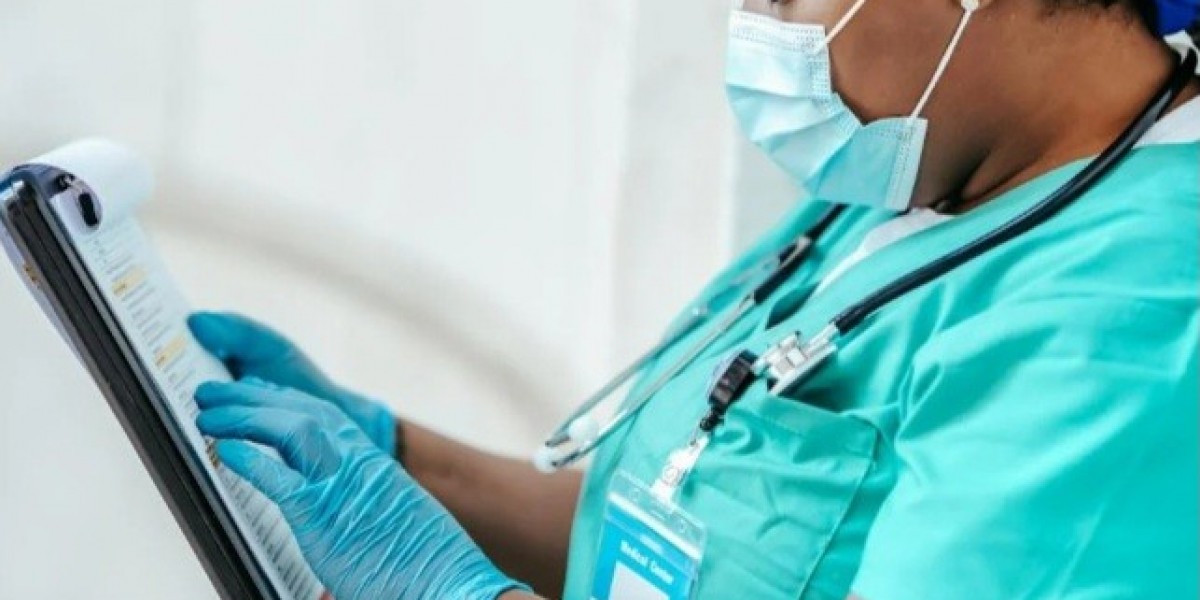Recently, health experts have indicated that breast cancer survival rates have been increasing and the number of people dying from breast cancer is steadily decreasing. Most of this is due to the widespread support of breast cancer, millions in funding, and its growing research of this deadly disease. Advances in breast cancer screening have allowed healthcare professionals to diagnose and detect the signs of breast cancer early. Discovering the cancer cells earlier makes it much more likely that healthcare professionals can stop the spread and possibly, the cancer can be cured. Even when breast cancer can't be cured, new treatments exist to prolong someone's life. Discoveries in breast cancer research and additional funding are helping healthcare professionals choose the most effective treatment plans for their patients.
Health experts don't know what causes each case of breast cancer, but they do know the certain risk factors for this type of cancer. They also know that normal breast cancer cells can become cancerous because of changes or mutations in a woman's genes. Hormones also play a part in many cases of breast cancer, but how this happens, is still not determined by healthcare professionals and cancer experts.
Health experts determine that these are the five possible causes and risk factors for developing breast cancer.
LIFESTYLE, HORMONE LEVELS, GENE MUTATIONS, INHERITED GENE CHANGES, ACQUIRED GENE CHANGES.
Your lifestyle such as what you eat, drink, and how much you exercise, including the stresses of everyday life can increase your risk of developing breast cancer, it's not exactly clear how some of these risk factors can cause normal cells to become cancerous. Health experts do know that normal breast cells can become cancerous because of changes or mutations in genes, but 1 in 20 (20%) are linked with abnormal genes that are inherited from parents. Most genes have not yet been discovered, so women with a family history of breast cancer might have inherited an abnormal gene that doesn't show during the initial genetic testing. Most breast cancers (80%) develop from non-inherited gene changes that have not yet been discovered.
There are several types of Breast Cancer:
Ductal Carcinoma in Situ (Intraductal Carcinoma) - Nonevasive or pre-invasive breast cancer
Invasive Breast Cancer (ILC or IDC) - Invasive or infiltrating breast cancer that has spread to surrounding breast tissue
Triple-Negative Breast Cancer - An aggressive type of invasive breast cancer in which the cancer cells don't contain estrogen or progesterone receptors.
Inflammatory Breast Cancer - An aggressive type of invasive breast cancer in which the cancer cells block lymph vessels in the skin, causing the breast to look infected or inflamed.
Paget Disease of the Breast - A type of cancer that starts in the breast ducts and spreads to the skin of the nipple and then to the areola.
Angiosarcoma - This type of breast cancer starts in cells that line blood vessels or lymph vessels.
Phyllodes Tumor - These types of breast cancer tumors are rare, but develop in the connective tissue of the breast, which develops in the ducts or lobules.
Healthcare professionals and cancer experts indicate that you can lower the risk factors of breast cancer by changing your lifestyle and your eating habits, including exercising more regularly. What you consume into your body, seriously determines your overall health and the longevity of your life. If your breast cancer is inherited, then they suggest you get breast exams every year and monitor the skin coloration and sensation of your breast regularly.







